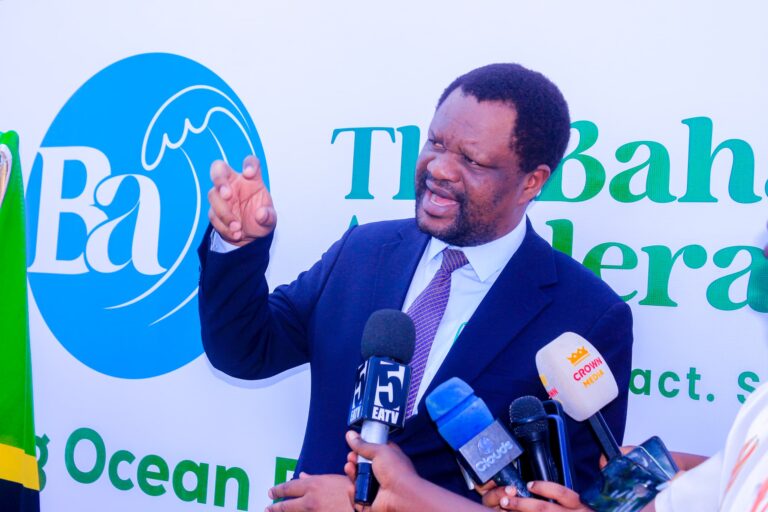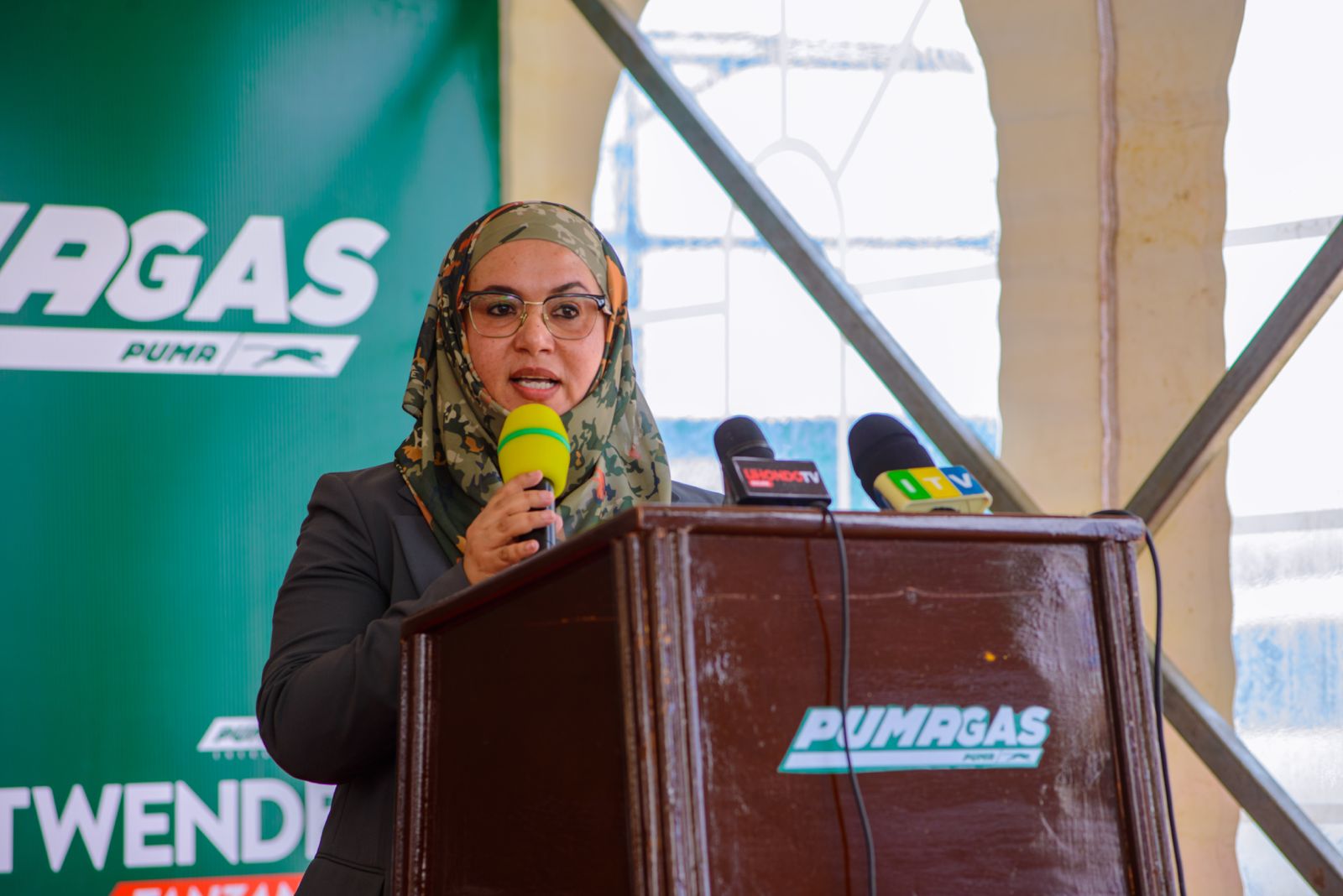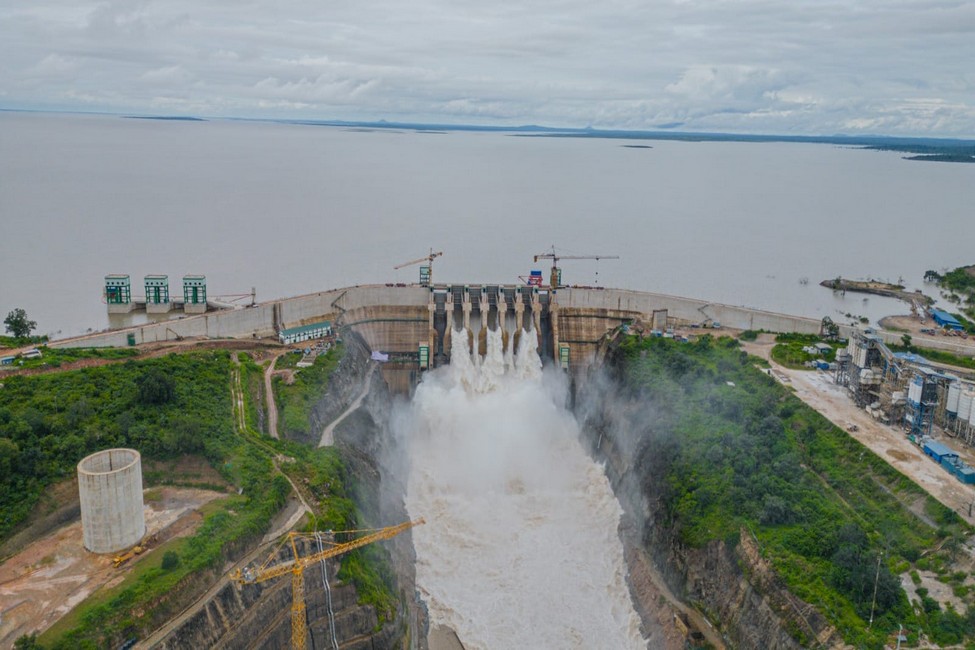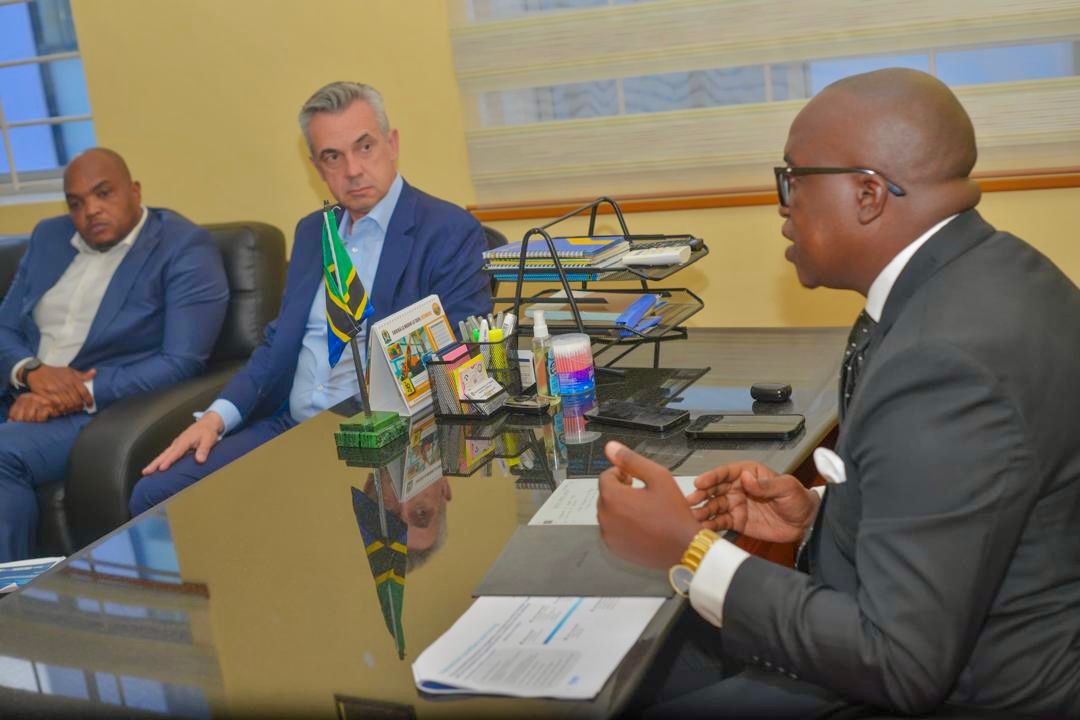Dar es Salaam. Recently, Tanzania hosted the inaugural Regenerative Ocean Week (ROW) summit, a collaborative platform aimed at accelerating nature-positive, climate-resilient ocean solutions across Africa and beyond.
The five-day summit, held under the theme Science-to-Solution, focused on translating scientific research into practical applications in business, technology, and policy.
During the summit, the Tanzania Fisheries Research Institute (Tafiri), in partnership with Twiga Connect, launched The BAHARI Accelerator.
This initiative seeks to commercialise scientific research in the Blue Economy, bridging the gap between research and market-driven solutions to foster job creation, economic resilience, and sustainable development in coastal communities.
The event brought together participants from over 20 countries and was organised in collaboration with ReSea Project–Mission Inclusion and the International Union for Conservation of Nature (IUCN), with support from Global Affairs Canada.
Strengthening science-based solutions
Tafiri Director General, Dr Ismael Kimirei, said the Bahari Accelerator reaffirms the institute’s commitment to science-based solutions for Blue Economy challenges.
Deputy Permanent Secretary in the Ministry of Livestock and Fisheries Development, Dr Edwin Mhede, said Tanzania hosted the first-ever ROW summit at a time when the country had made significant policy strides in sustainably managing its marine resources.
In April last year, Tanzania introduced its Blue Economy policy to promote sustainable exploitation of ocean resources.
Dr Mhede said the policy aims to enhance sustainability while improving coordination among sectors connected to Tanzania’s ocean wealth.
Addressing Blue Economy challenges
Tanzania has been implementing Blue Economy initiatives across various sectors, including fisheries, natural resources, tourism, energy, transport, mining, investment, industry, and environmental conservation.
However, challenges such as fragmented policies, a lack of a coordinated institutional framework, and inadequate research capacity have hindered optimal resource utilisation.
“The policy serves as a guide for developing laws, regulations, and frameworks to ensure the Blue Economy has a meaningful impact on people’s lives,” Dr Mhede said.
The summit also emphasised gender-responsive ocean governance, advocating for greater participation of women and youth in shaping the Blue Economy.
Speakers underscored the importance of empowering women in sustainable value chains to promote economic resilience and gender equity.
Dr Mhede further highlighted the need for technical capacity-building and good governance in managing marine resources sustainably.







